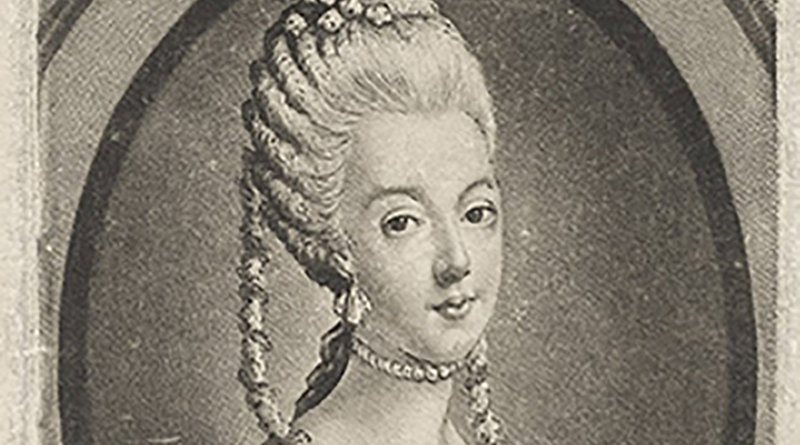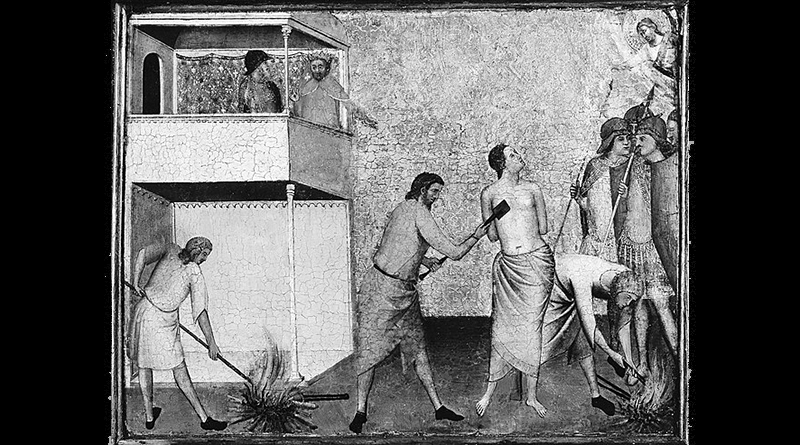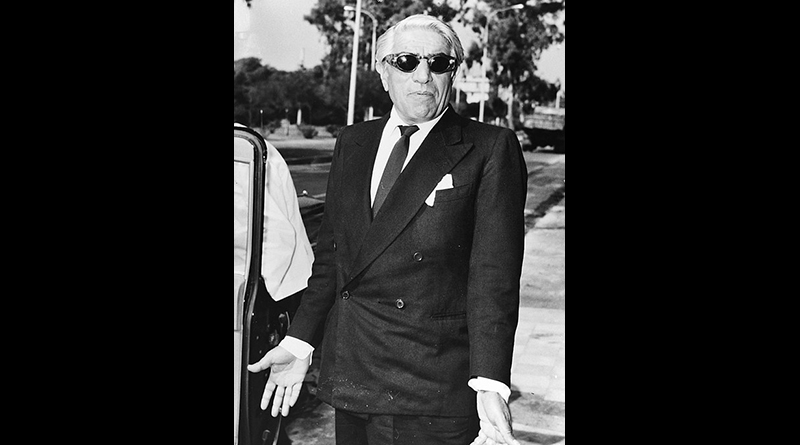The next room is that which evokes more memories than all the others. Perhaps there is in no other palace a hall so adapted to impress the imagination. It is the Queen’s bed-chamber, the chamber where two queens have died, Marie Therèse and Marie Leczinska, and two dauphinesses, the Dauphiness of Bavaria and the Duchess of Burgundy, the chamber where nineteen princes and princesses of the blood have been born, among them two kings, Philip V, King of Spain, and Louis XV, King of France, the chamber which for more than a century beheld the great joys and supreme agonies of the ancient monarchy. This chamber has been occupied by six women … finally by the most poetic of all women, by her who resumes in herself all majesties and all sorrows, all triumphs and all humiliations, all joys and all tears, by her whose very name inspires emotion, tenderness, and respect, — by Marie Antoinette. During a period of nineteen years, from 1770 to 1789, she occupied this chamber.
Here were born her four children. Here she came near dying, December 20, 1778, when bringing her first daughter, the future Duchess of Angoulême, into the world. Custom demanded numerous witnesses at a sovereign’s lying-in. An ancient and barbarous etiquette authorized the people to enter the King’s palace under such circumstances. From early morning the approaches to the château, the gardens, the galleries of the Mirrors and the Oeil-de-Boeuf, the Salons, and the very chamber of the Queen, had been invaded by an indiscreet and noisy crowd. Ragged chimneysweepers climbed upon the furniture and clung to the draperies. This tumult increased Marie Antoinette’s sufferings. She lost consciousness and for three-quarters of an hour could not be revived. The stifling atmosphere of the room made the danger still greater. The windows had been listed on account of the season. Louis XVI, with a strength which nothing but his affection for Marie Antoinette could have given him, succeeded in opening them, though they had been fastened together by bands of paper from top to bottom. The Queen came to herself, and her husband presented her the newly born Princess. “Poor little one,” she said to her, “you were not desired, but you shall not be less dear. A son would have belonged more especially to the State; you will be mine, you shall have all my attention; you will share my happiness and lessen my troubles.” — Imbert de Saint-Amand, in his book Women of Versailles: The Court of Louis XIV (read for free)






